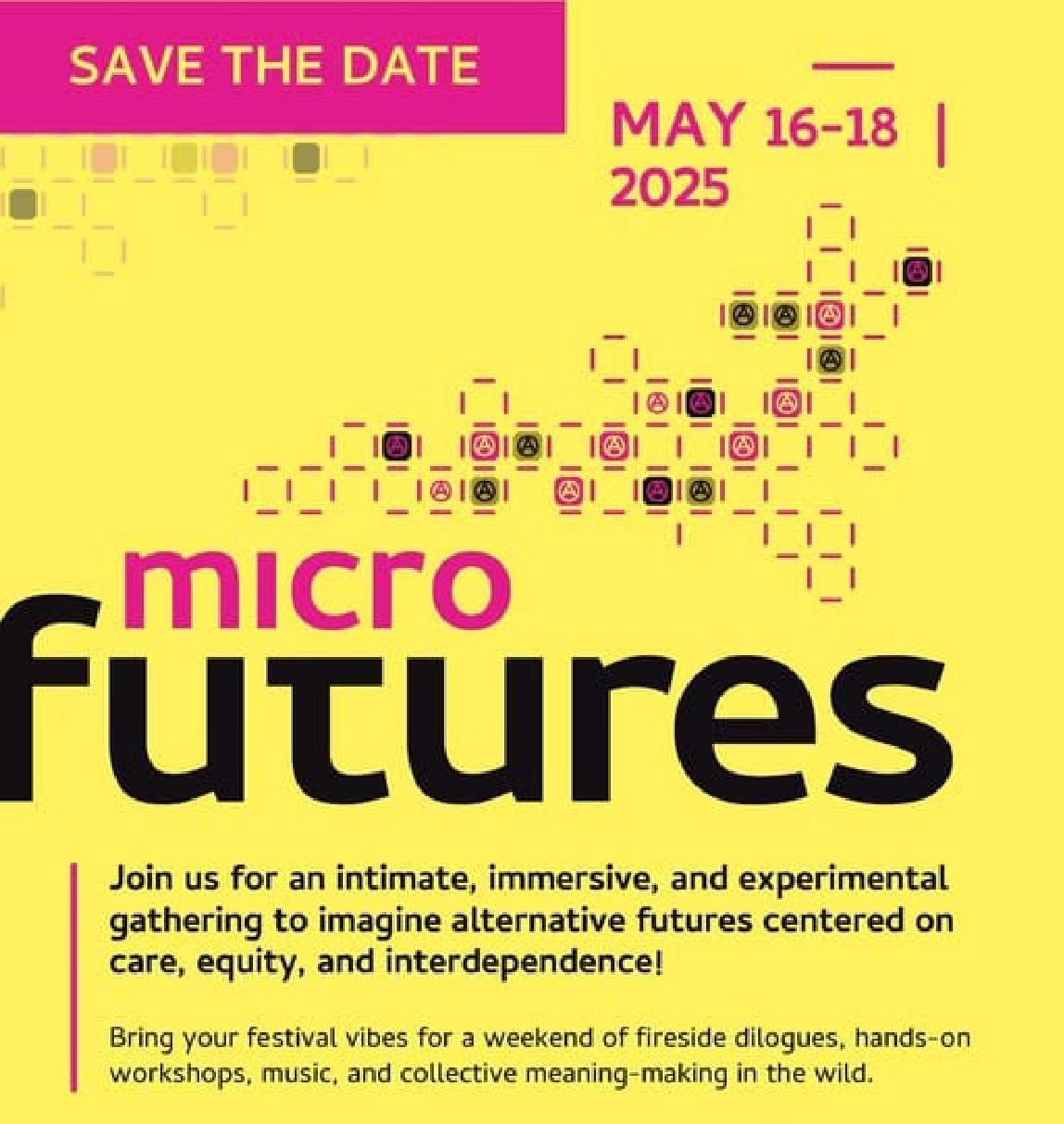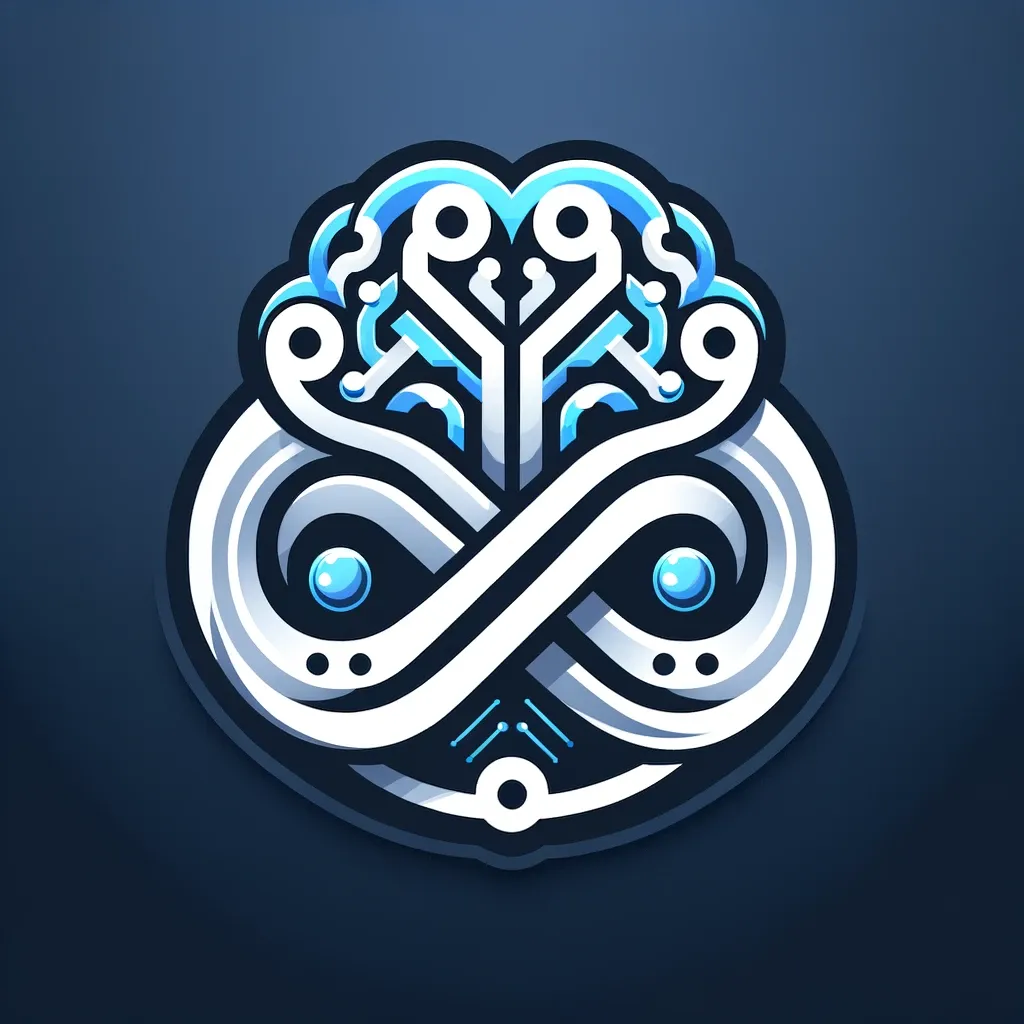Bad Blood, Bataille, Sacrifice, and Infinite Futures

I woke up this morning with Taylor Swift's "Bad Blood" playing insistently in my mind. Perhaps it was a subconscious signal, nudging me toward themes of conflict, betrayal, or transformation—themes that, serendipitously, echoed through subsequent discovery.
I was introduced to Georges Bataille's unsettling yet captivating world shortly afterward, as I thought about people who may be interested in attending CognectCon, sponsored by the Information Professionals Association, next month. Oxsana Timofeeva, who penned a chapter in the book Hybrid Conflicts and Information Warfare (Lynne Reiner Publishers, 2019) about Russia's hybrid warfare strategies, came to mind – she wrote her PhD dissertation and a book on Bataille's writings.
Georges Bataille challenges the comfort of conventional boundaries, diving fearlessly into eroticism, mysticism, and the powerful concept of transgression. His notion of sacrifice as a profound experience that disrupts and transforms resonated strongly with recent discussions at last weekend's Micro Futures workshop.
At the workshop, alongside Bryan Smigelski and Jessee Turri, we explored the themes of sacrifice and continuous rebirth. Our conversations circled the idea that genuine sacrifice is less about loss and more about intentional transformation. This surrender facilitates rebirth into new forms of understanding and existence. This mirrors Bataille's view of sacrifice as an intense rupture, pushing beyond limits to achieve a deeper state of being. We also reflected deeply on the Christian tradition of sacrifice, particularly the willing self-sacrifice of Christ, exemplifying ultimate surrender and transformation. Paul's profound declaration, "I die daily" (1 Corinthians 15:31), underscored our reflections on the necessity of ongoing self-renewal and spiritual rebirth.
Then, adding another layer of reflection, I read Neal Stephenson's recent remarks on AI from his panel discussion in New Zealand. Stephenson eloquently likened the emergence and integration of AI technologies to nuclear power, acknowledging their potential and peril. He advocates cautious optimism and vigilant ethics, echoing our conversations at the summit about consciously choosing what we sacrifice in our technological advancements and societal growth:
By training AIs to fight and defeat other AIs we can perhaps preserve a healthy balance in the new ecosystem. If I had time to do it and if I knew more about how AIs work, I’d be putting my energies into building AIs whose sole purpose was to predate upon existing AI models by using every conceivable strategy to feed bogus data into them, interrupt their power supplies, discourage investors, and otherwise interfere with their operations. Not out of malicious intent per se but just from a general belief that everything should have to compete, and that competition within a diverse ecosystem produces a healthier result in the long run than raising a potential superpredator in a hermetically sealed petri dish where its every need is catered to.
Together, these threads weave a narrative about navigating the challenging path between destruction and creation, conflict and reconciliation, loss and profound transformation. Bataille's radical philosophy, the spiritual symbolism of Christ's willing sacrifice, Paul's daily renewal, Stephenson's speculative realism, and the symbolic resonance of "Bad Blood" collectively remind us that to evolve, whether personally, technologically, or culturally, we must embrace continuous rebirth through mindful sacrifice.
As we look forward, these reflections encourage us to remain deeply aware of our choices, understanding that every step into the future is an act of creation born from the sacrifices we consciously accept. I can't help but wonder if today's solar flares are both a reminder and integral part of the ongoing process?
